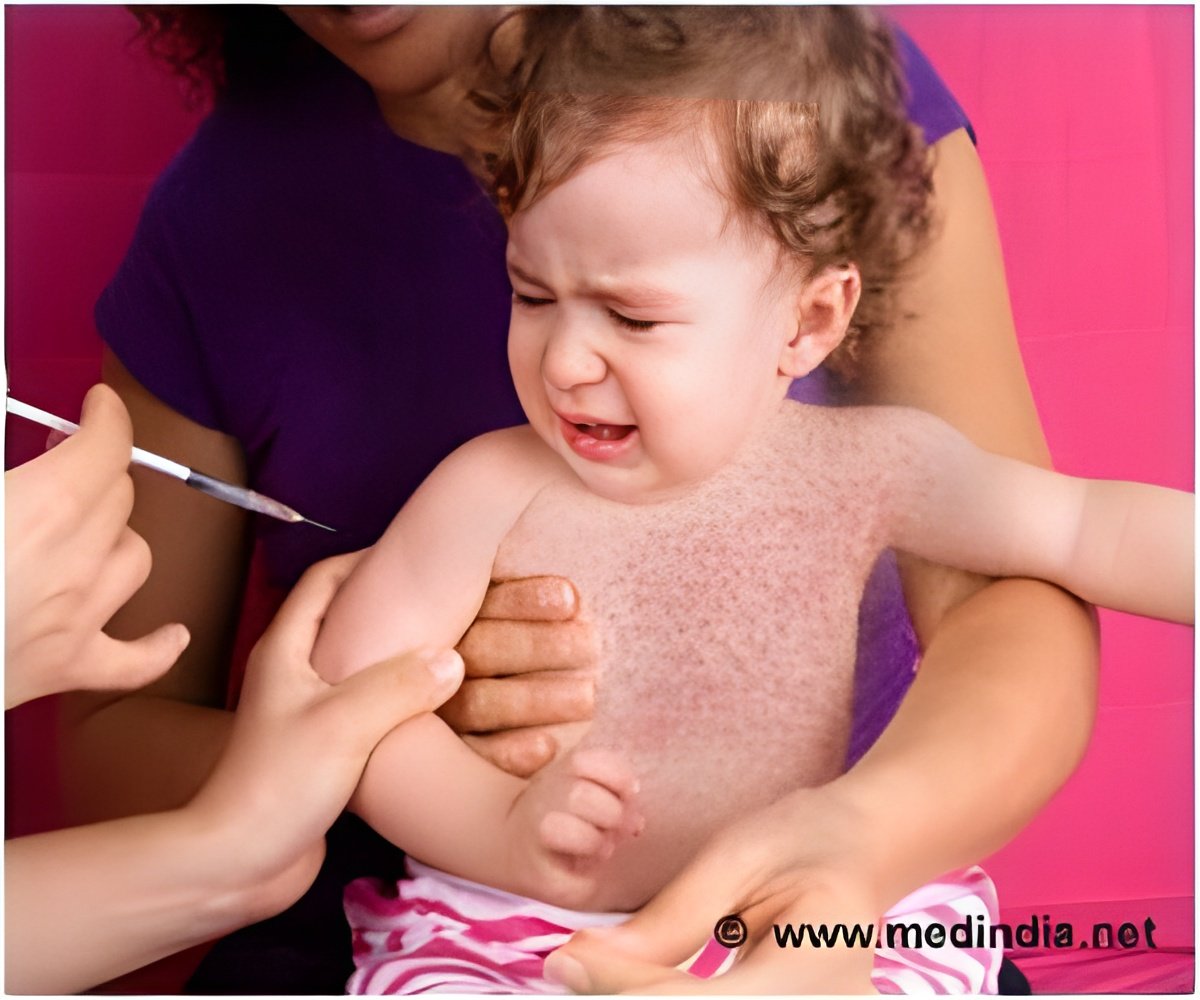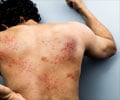
The varicella vaccine was licensed in the United States in 1995, and recommended soon after by the Advisory Committee on Immunization Practices for routine administration to children. Prior to that, chicken pox was ubiquitous, with more than 90 percent of young people experiencing infection by the age of 20.
Over the entire follow-up period, the incidence rate of chicken pox in this cohort was 9 to 10 times lower than corresponding rates in unvaccinated children of the same age in the pre-vaccine era. This resulted in an overall vaccine effectiveness rate of approximately 90 percent.
"Clearly, the vaccine is a very effective tool in preventing or limiting the severity of chicken pox in young people," said Randy Bergen, MD, chief of outpatient pediatrics at Kaiser Permanente's Walnut Creek Medical Center and a pediatric infectious disease consultant. "As with any vaccine, though, the rate of vaccination has a huge impact on effectiveness. The more children vaccinated, the more effective the vaccine is for the entire community. At Kaiser Permanente, our use of a comprehensive electronic health record, KP HealthConnect, enables us to quickly identify children in the targeted age ranges who have not been vaccinated, and to reach out to their parents to ensure they get the shots. Keeping vaccination rates high confers benefit on the community as a whole because there are fewer children who can contract and spread the virus."
A total of 1,505 breakthrough cases of chicken pox were reported within the study cohort of 7,585 children in the 14 years following varicella vaccination. "Breakthough cases" are so named because they occur despite the child having received the varicella vaccine; the virus "breaks through" the defenses afforded by the vaccine. Cases were classified as "mild" (less than 50 lesions), "moderate" (51 to 300 lesions) and "severe" (more than 300 lesions). Very few cases were severe (only 28 of 7,585 children over 14 years), whereas in the pre-vaccine era most children experienced severe symptoms. Prevention of moderate to severe disease was achieved with one dose of varicella vaccine; no cases were reported after the second dose.
The incidence rate of breakthrough varicella steadily decreased over time and no increase was observed during the 14 years of follow-up. The apparent increase in the vaccine's effectiveness over time, according to lead author Roger Baxter, MD, co-director of the Kaiser Permanente Vaccine Study Center, "is likely the result of vaccine failure occurring early, while breakthroughs became rare due to high vaccine effectiveness both directly and through herd immunity."
Advertisement
The risk of herpes zoster, commonly known as shingles, was not increased in vaccinated children, and appeared to be lower in vaccinated children than in the pre-vaccine era. There were 46 confirmed cases of shingles among the cohort, suggesting an approximately 40 percent decreased incidence of herpes zoster in vaccinated children.
Advertisement












